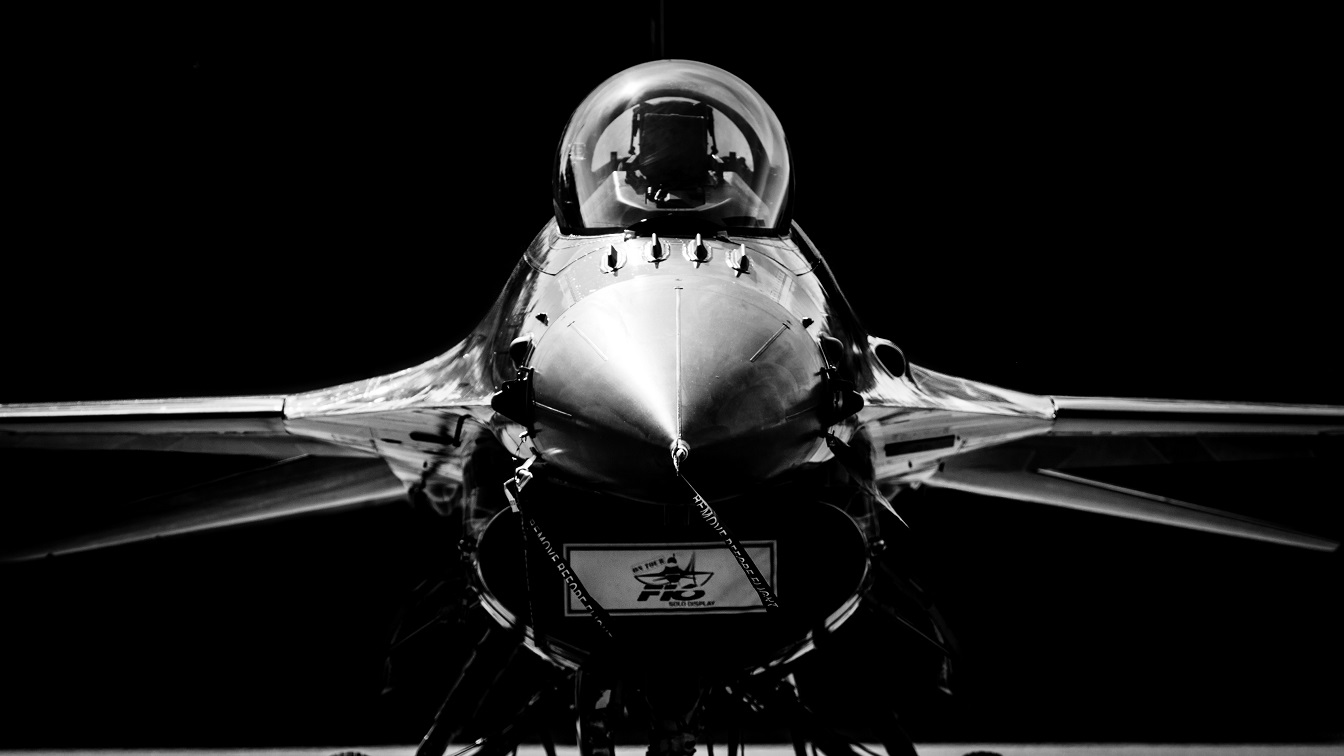It’s still too early to fully evaluate Ukraine’s offensive, but it has not won quick success against entrenched Russian defenders. The commitment of additional units could tip the tide, but everyone needs to prepare for a reality in which the war will continue indefinitely, and that terrain will be a bargaining chip in any future negotiations. And, of course, with Russia just on the other side of a mutiny by part of its security services, everything about the military situation is up in the air.
Ukraine Faces Challenges
But the effort to rebuild Ukraine is well underway, even as the missiles continue to strike Ukrainian cities and the shells still fall at the front line. Earlier this week the results of the Ukrainian Recovery Conference in the London suggested that Kyiv is in sympatico with its Western supporters on the course of its post-war reconstruction. There is no question that the Ukrainian government is taking reconstruction seriously, given the administrative and academic firepower it has committed to the conference.
The measures under discussion include substantial but not unlimited financial assistance, legal reforms, and plans for attracting private investment. Many of these efforts are part of a program to bring Ukrainian law and practice into line with the standards of the European Union. Pre-war Ukraine had a well-earned reputation for being one of the most corrupt places on Earth.
The war offers a unique opportunity for Kyiv to tame that corruption, but it’s only an opportunity; Ukrainian leadership needs to aggressively take advantage of its opportunities. But Ukraine also enjoys a well-educated population, a robust university system, abundant natural resources, and a government that absolutely wants to integrate itself into the West. Attracting that well-educated workforce back to Ukraine will be one of the key policy problems facing Kyiv and the EU.
Ukraine also faces a global technology environment that is rapidly changing. Globalization of knowledge isn’t over, exactly, but the West is increasingly united in the idea that barriers to the diffusion of technology and knowledge are a sensible policy idea.
Export controls, investment restrictions, supply chain reforms, and intellectual property law are increasingly becoming tools for excluding China and Russia from the world’s most advanced science and technology. The walls are going up around the world, and it is imperative that Ukraine is on the right side.
Security will also be a major issue in the reconstruction of Ukraine. Kyiv’s establishment as a military power is a different question, involving serious debates about the Ukrainian defense industrial base and the posture of the Ukrainian armed forces.
Neither of these will happen in a vacuum; the U.S. and Europe will each play an important role in the future of Ukrainian military policy. To the extent that Ukraine is integrated into the Western system of technology diffusion, it will also become a participant in the transnational defense industrial base that extends from Europe to North America to Japan and South Korea.
It’s also worth noting that the security and corruption problems are connected. One of the reasons that Kyiv has struggled economically since independence has been its troubled relationship with Moscow.
Russia has been committed, virtually since the day of Ukrainian independence, to undercutting the political, economic, and social independence of its neighbor. It is impossible to understand the phenomenon of Ukrainian corruption without referencing the role that Moscow has played in undermining Ukraine’s political system.
How Ukraine Can Really Secure Its Future
I am tempted to turn again to the parallel between the Russia-Ukraine War and the Korean War. Much of the territory of the Republic of Korea was indefinitely (and possibly irrevocably) lost in the war, but with foreign assistance South Korea built itself into one of the world’s most dynamic political and economic systems despite facing an unresolvable, existential military threat for its entire existence.
Ukraine also has that opportunity, and taking advantage of it is absolutely crucial for the country’s future prosperity. It cannot be emphasized enough; the future of Ukraine depends much more on how Kyiv can integrate itself into the political and economic life of the West than on how many square miles of the Donbas it can retake.
A 19FortyFive Contributing Editor, Dr. Robert Farley has taught security and diplomacy courses at the Patterson School since 2005. He received his BS from the University of Oregon in 1997, and his Ph. D. from the University of Washington in 2004. Dr. Farley is the author of Grounded: The Case for Abolishing the United States Air Force (University Press of Kentucky, 2014), the Battleship Book (Wildside, 2016), Patents for Power: Intellectual Property Law and the Diffusion of Military Technology (University of Chicago, 2020), and most recently Waging War with Gold: National Security and the Finance Domain Across the Ages (Lynne Rienner, 2023). He has contributed extensively to a number of journals and magazines, including the National Interest, the Diplomat: APAC, World Politics Review, and the American Prospect. Dr. Farley is also a founder and senior editor of Lawyers, Guns and Money.

